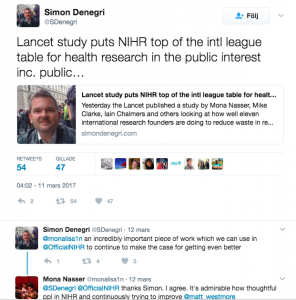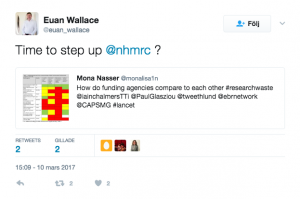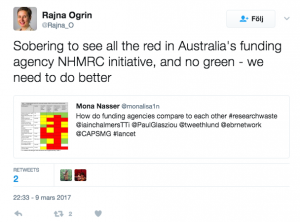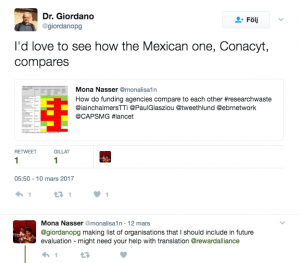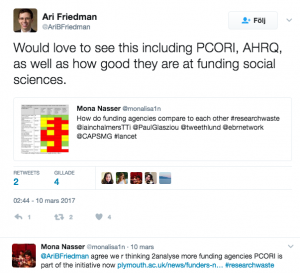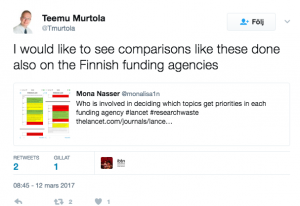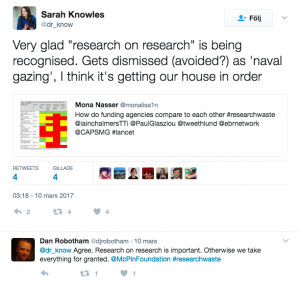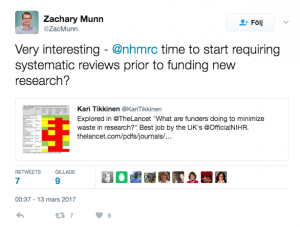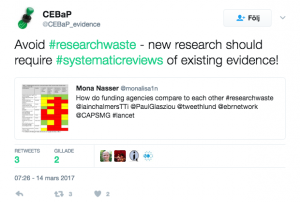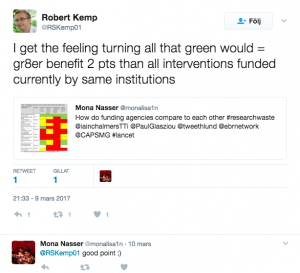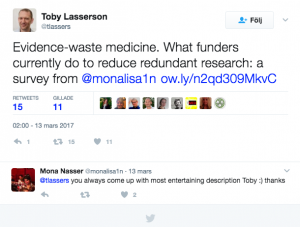It’s estimated that 85% of medical research is wasted.
The waste comes from asking the wrong question, bad design or poor reporting – and in a study carried out with colleagues from around the world, and published online in The Lancet, we found that at the root of this issue were funding bodies not taking responsibility for the efficiency of the research they have used public money to fund, and governments not holding those funding bodies to account.
We worked through the websites of 11 national research funders which distribute funds in the UK, Australia, Canada, US, Germany, France, The Netherlands, Denmark and Norway. The research funder we investigated in Australia was the National Health and Medical Research Council (NHMRC).
We found variety and weaknesses in approach across all 11 funders, including: the domination of some grant committees by academics, which is a problem because the priorities of patients, clinicians and policymakers can differ from those of researchers, and the fact that practice and policy decisions were often made without the systematic assessment of existing research evidence.
There were instances of good practice: some funders, such as the National Institute of Health Research (NIHR) in the UK and ZonMW in The Netherlands have already addressed one of the weaknesses with extensive involvement of members of the general public; and the only funder to require reference to relevant systematic reviews in all funding applications is NIHR. The latter is a key issue that the Evidence-Based Research Network is advocating and working on.
We got a lot of attention on social media. Simon Denegri wrote a blog post highlighting it.
Some individuals tagged their funding agency and encouraged them to try to address this issue
Some people mentioned that they do like to see more funding agencies evaluated in the process
Others highlighted the importance on issues like research on research or using systematic reviews to inform future research
One person raised the importance of this for patients
Some suggested new ways that we describe it – evidence-waste medicine!
Other related links on the topic
Press release from Plymouth University
Youtube video summarising the article
The Times Higher Education “Funders ‘not doing enough’ to reduce medical research waste”
